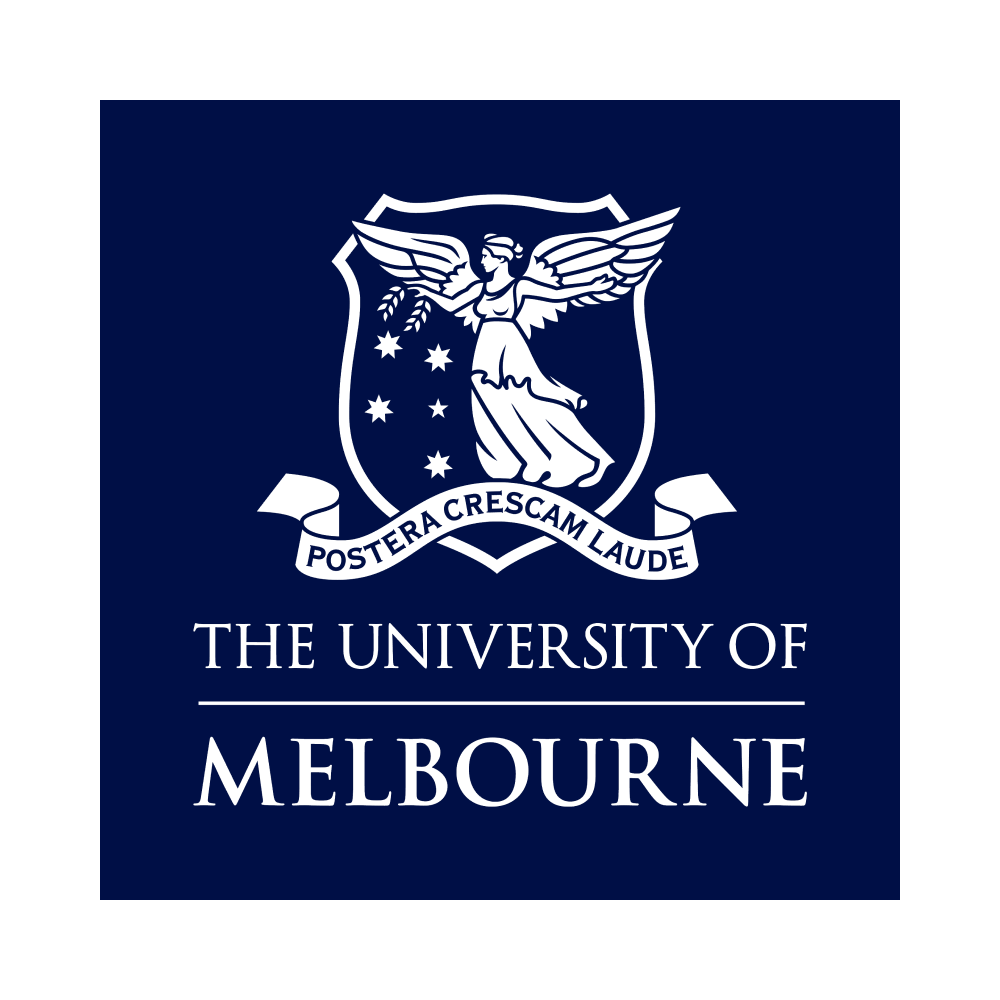University of Melbourne
Master of Supply Chain Management
- Delivery: Face to Face
- Study Level: Postgraduate
- Duration: 24 months
- Course Type: Master's
An innovative program that draws on industry expertise, emphasising a strategic approach to supply chain management.

Course overview
The Master of Management (Supply Chain Management) provides foundational training in business and economics and specialist training in supply chain management. The course will cover core and contemporary supply chain topics relevant to practitioners in both the manufacturing and the service sectors.
This course is ideal for students who have completed an undergraduate degree in any discipline and wish to advance their knowledge and establish a career in supply chain management.
Key facts
July, 2026
What you will study
The Master of Management (Supply Chain Management) consists of 16 subjects comprising:
- Four foundation subjects (50 points)
- Eight core and discipline core subjects (100 points)
- Two capstone subjects (25 points)
- Two electives (25 points)
Students must complete all of the following subjects in their first semester of study:
- Business Analysis and Decision Making
- Managing for Value Creation
- Financial Management
- Managerial Economics
Entry requirements
To be considered for entry into this course, you must have completed:
- An undergraduate degree (or equivalent) in any discipline.
- A minimum of two years of documented professional experience, preferably some of which is in a supply chain, logistics or procurement role.
- A personal statement outlining why you wish to be considered for the course.
You must also submit:
- A curriculum vitae (CV) as evidence of professional experience.
English language requirements
All applicants to the University of Melbourne must satisfy the English language requirements. This may be achieved in a number of ways, including recognised previous study taught and assessed entirely in English or an approved English language test. If you are from a non-English speaking background, the required standard of English for this degree is one of the following English proficiency test scores:
If you need to undertake an English language test, you must meet one of the scores* below:
- IELTS 6.5 (with no band less than 6.0)
- TOEFL 79+ (with writing 21; speaking 18; reading 13; listening 13)
- PEARSON 64+ (with no communicative skill below 60)
- CAMBRIDGE 176+ (with no skill less than 169)
*Accepted tests: IELTS (Academic English Only); TOEFL Internet-based test; Pearson Test of English Academic; Cambridge English: Advanced/Certificate of Advanced English (CAE). If a test displays N/A, it means it is not accepted for this course.
Recognition of Prior Learning
Prior studies may be credited towards your degree and potentially reduce the duration of your course. Contact the university for more details.
Outcomes
Learning outcomes
You will leave the degree with a number of essential skills, including:
- Knowledge of all aspects of the supply of goods and services, including procurement, transformation operations, transport/distribution, and the management of information in these areas.
- Ability to apply technical and communication skills to design, evaluate, implement, analyse, theorise about developments that contribute to high levels of supply chain performance outcomes.
- Ability to effectively apply knowledge of research principles and methods of supply chain analysis and business decision analysis.
- Cognitive, technical and creative skills to investigate, analyse and synthesise complex information, problems, concepts and theories and to apply theories of SCM to different contextual problems in supply chains and their business applications.
Fees and FEE-HELP
Indicative first-year fee in 2026: $37,984 (domestic full-fee paying place)
Indicative total course fee in 2026: $79,767 (domestic full-fee paying place)
Unless otherwise noted, the indicative total course fee shown above assumes a study load of 1 EFTSL (equivalent full-time student load) commencing semester one of the listed year, except for courses with a duration of less than 1 EFTSL.
Fees are subject to annual review by the University, with any new rates effective from the beginning of each calendar year.
A student’s fee may vary depending on:
- The number of subjects studied per term.
- The choice of major or specialisation.
- Choice of subjects.
- Credit from previous study or work experience.
- Eligibility for government-funded loans.
You may also need to pay the student services and amenities fee.
FEE-HELP loans are available to assist eligible full-fee paying domestic students.








